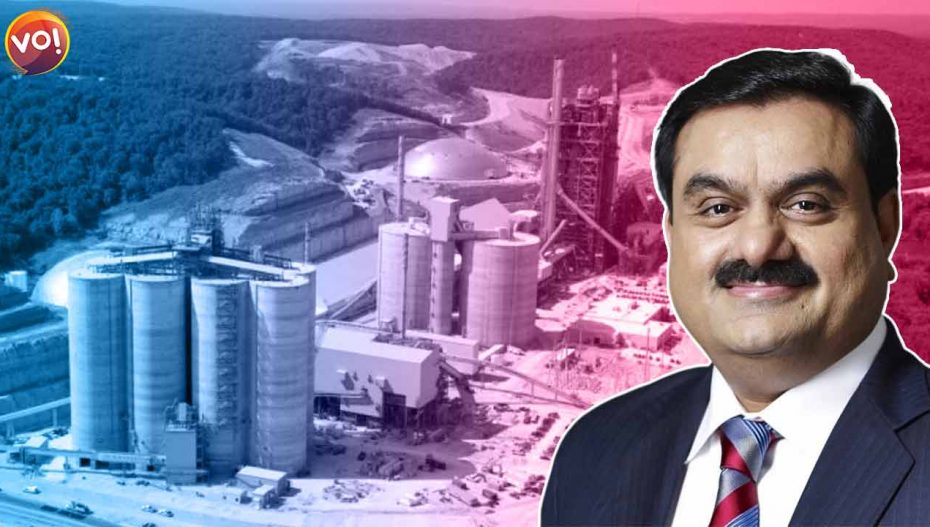The entry of the Adani Group has fundamentally changed the structure of the cement sector. Building material companies were faced with enormous debt on their balance sheets following the global financial crisis. Their subsidiaries, including those in India, had only one goal: to pay out big dividends that the parent corporations could use to pay down debt. Over the last decade, international cement companies in India have lost market share due to this capital allocation decision.
Ambuja, ACC, and Heidelberg’s combined market share fell from 24 percent in FY07 to 17 percent in FY22. Domestic businesses such as Jaypee, UltraTech Cement, Shree Cement, and a few other regional players took advantage of this, expanding their capabilities and volumes faster than the industry.
The sector will experience yet another tectonic upheaval following the sale of Holcim India holdings to billionaire Gautam Adani’s firm, following UltraTech’s acquisition of Jaypee’s assets.
UltraTech and Shree Cement were valued at more than 40% combined share in the cement business for the next ten years, which appears to be a difficult assignment for the two.
Adani will eat into the market share of smaller businesses, as well as UltraTech and Shree. The company’s position in logistics (ports, railways, and containers), power, and fly ash could be a competitive advantage. The industry faces the possibility that the Adani group may pass cost reductions on to customers in order to gain market share.
Also Read: 2022: Top Deals of Adani Group












